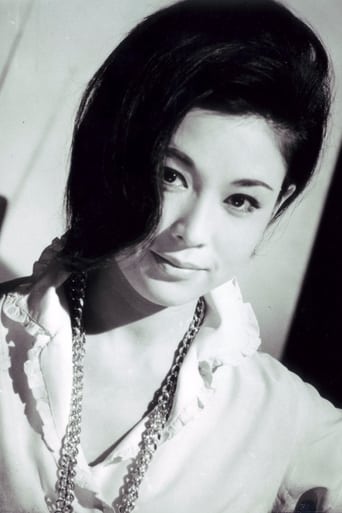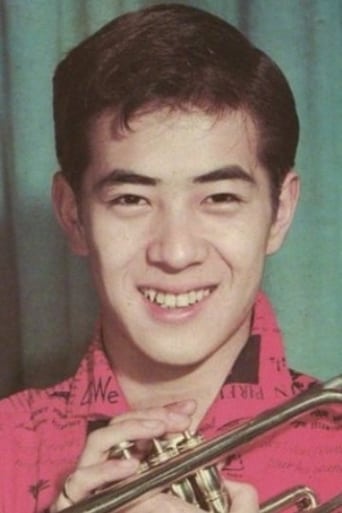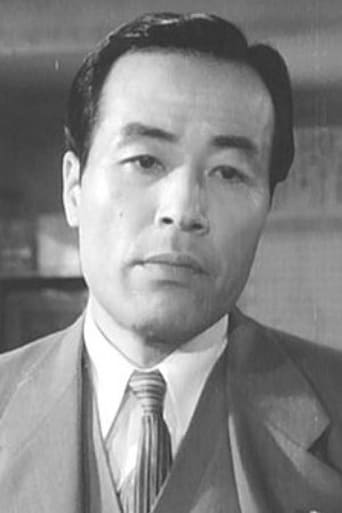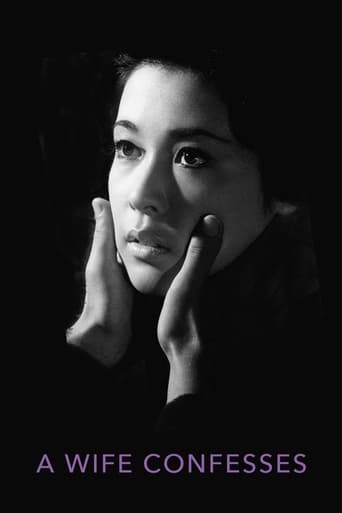
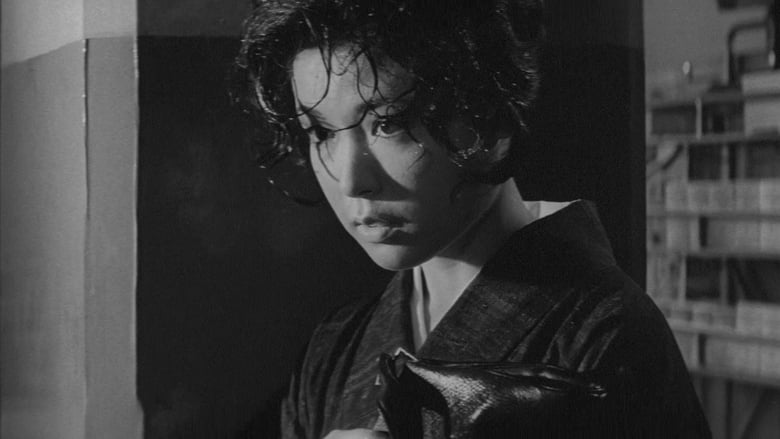
A Wife Confesses (1961)
Tied to a mountain between her brutalizing spouse and her secret lover, disaster strikes; the authorities accuse her of murder and prompt a confession.
Watch Trailer
Cast


Reviews
Expected more
Admirable film.
It's a feast for the eyes. But what really makes this dramedy work is the acting.
The story, direction, characters, and writing/dialogue is akin to taking a tranquilizer shot to the neck, but everything else was so well done.
A Wife Confesses is a 1961 crime/courtroom drama film based on Masaya Maruyama's novel, directed by Yasuzo Masumura, a prominent New Wave director who was interested in portraying the lives and needs of individual citizens as opposed to focusing on the Japanese society in general. This movie remains one of his more famous works, and certainly one of his most serious ones, as his career spans from sleazy violence to yakuza and pinku films.Ayako Wakao, one of the best Japanese actresses of that period, stars as a wife accused of murdering her husband during a mountain climbing trip. She broke the taboo of cutting the rope while both of them were hanging from the stone and the fact that her other lover was present complicates things further. The film poses the question of whether or not following your own survival instincts on the behalf of someone else's life is acceptable or not. This is a very morally ambiguous film and it doesn't judge any of the characters (except for the husband, who's a royal d*ck), so the viewer's input is pretty much obligatory. I guess you can also read it as an early feminist film.The narrative is interrupted by sudden flashbacks and scenes from outside the courtroom, while the visuals are inspired half by American courtroom dramas, half by film noir aesthetics, with characteristic Japanese framing thrown in for good measure. I like how during the courtroom scenes, Ayako and the witnesses are closely surrounded by other characters in the foreground of the frame, while the rest of the film frames her usually isolated, on the screen's corners. I also like the visual analogy of the doomed marriage shown as the couple hanging from the same rope. That being said, the movie has a very slow pace and it threw me off a bit because of that, and I also didn't care much for some scenes. It's a good movie, but I expected something more, I guess.


